“Maat”: Promoting international solidarity for water may be the way to solve the GERD crisis
“Sharaki”: A UN international body responsible for settling disputes over water resources should be created
Ndushabandi: The international rules governing the use and disposition of shared water resources must be activated
"Abdul-Raouf": Maat launches an electronic campaign to strengthen and mobilize international solidarity for water
Monsif: The Nile for Peace Initiative is one of the desired forms of international solidarity
On the sidelines of its participation in the activities of the 47th session of the United Nations Human Rights Council, as well as its participation in the activities of the United Nations High-Level Political Forum (HLPF), and in its capacity as a member of the African Initiative: “Africa’s Water for Peace: The Nile for Peace”, Maat for Peace, Development, and Human Rights has organized a virtual event entitled "International Solidarity for Water", with the participation of a number of African experts and academics.
The event addressed the currently escalating crisis concerning the use and disposal of the water of the Nile River in terms of international solidarity and regional participation, and discussed how to activate the role of civil society in promoting international solidarity in the Nile River Basin.
In this regard, Mennatalla Abdelraouf, Director of the International Mechanisms Unit at Maat, pointed out that the water issue is one of the ways to strengthen international solidarity in Africa if used correctly. Besides, she stressed the role of the Human Rights Council and its mechanisms on promoting the principles of international solidarity in order to protect human rights, after proposing a draft resolution on international solidarity during the current session. The human rights expert declared that Maat is about to launch an electronic campaign to promote and mobilize the principles of international awareness for the right to water.
In his speech, Dr. Abbas Sharaki, Professor of Geology and Water Resources at Cairo University, emphasized that there are many cases in which international solidarity has succeeded in solving issues related to the national security of countries in general, and water security in particular, stressing the pivotal role of the international community in promoting international solidarity as one of the peacebuilding axes, especially those related to water and international river governance. “Sharaki” recommended the need for the establishment of an international body affiliated with the United Nations responsible for considering and settling disputes over shared water resources, to prevent and tackle any potential conflicts.
For his part, Professor Eric Ndushabandi, Director of the Institute of Research and Dialogue for Peace (IRDP) in Rwanda, reviewed the alternatives available to the parties to the escalating conflict over water resources in the Nile Basin, stressing the existence of several options and alternatives to solve the crisis. He added that past experiences prove that waiting for the international community to intervene and solve the crisis is ineffective and that the current mediation in the file of GERD must be rediscovered and presented in a different form. The professor of political science recommended the need for activating the governing international rules dealing with water resources shared between different countries, within the framework of joint water management.
In the same context, Hajar Monsif, Director of the African Affairs and Sustainable Development Unit at Maat, reviewed the efforts made by African civil society organizations to deal with the GERD crisis in particular. "Monsif" indicated that these efforts have resulted in the emergence of the "Nile for Peace Initiative" document, which calls for stopping the second unilateral filling of THE GERD until a legally binding agreement that preserves the rights of all counties is reached, while compensating Ethiopia for any damages that may result from the delay in filling, and working on achieving the foundations of international solidarity between the three countries, of which the initiative is a form.
Notably, this virtual event comes in the context of activating the role of African civil society in light of the works of the UN mechanisms; especially the Human Rights Council and the UN High-Level Political Forum, in order to advance the foundations of international solidarity and achieve prosperity and peace for all countries.
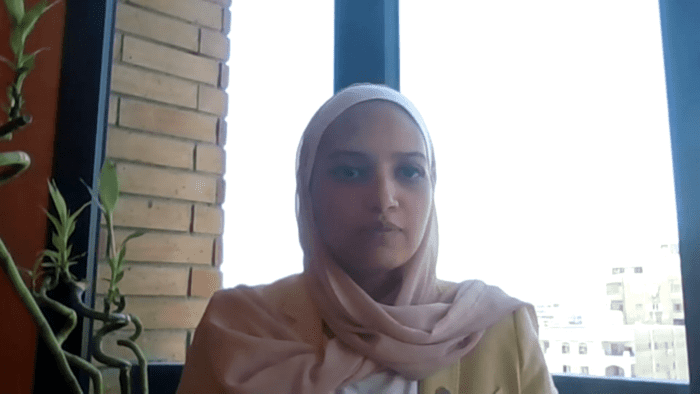
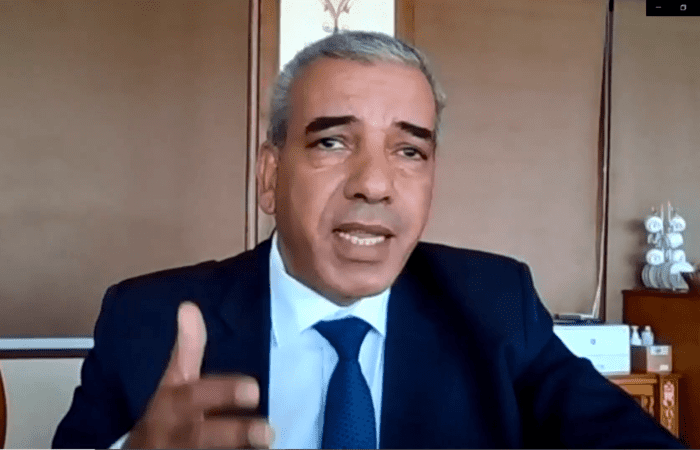
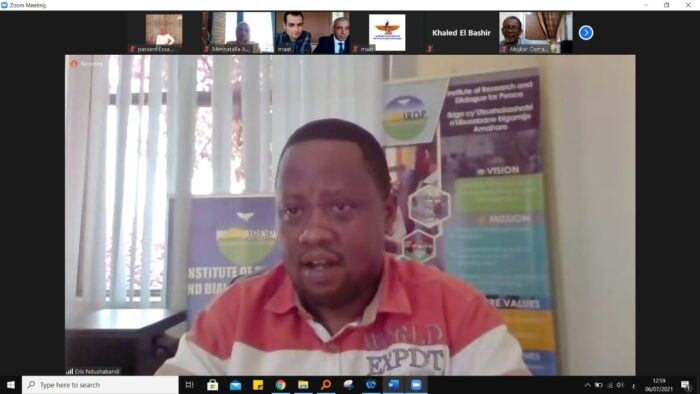
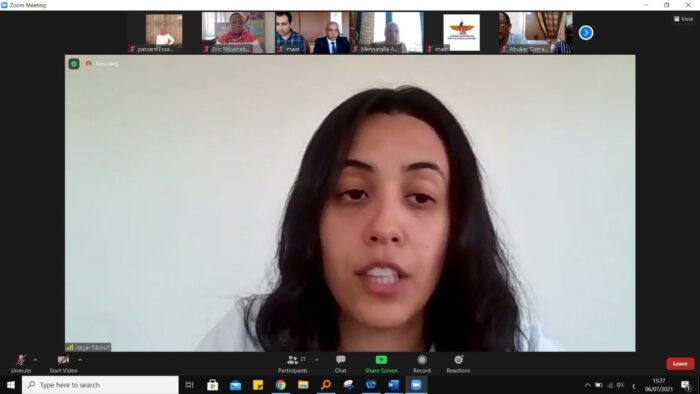
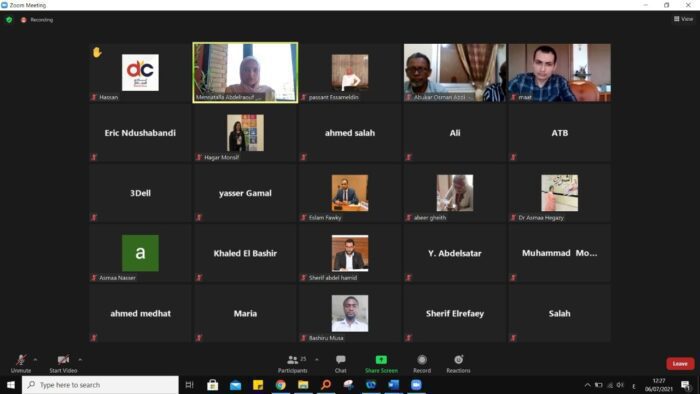
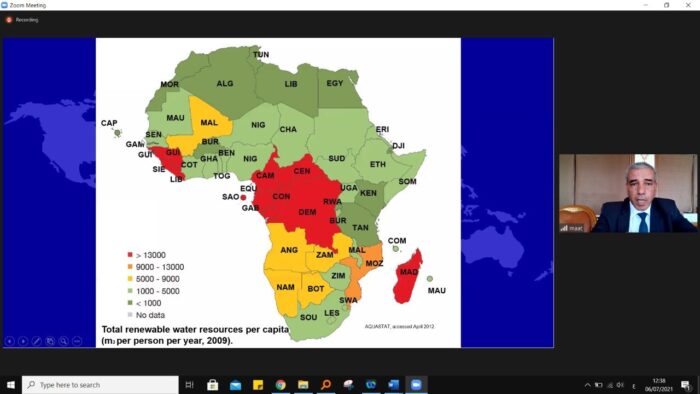
shortlink: https://maatpeace.org/en/?p=33291











